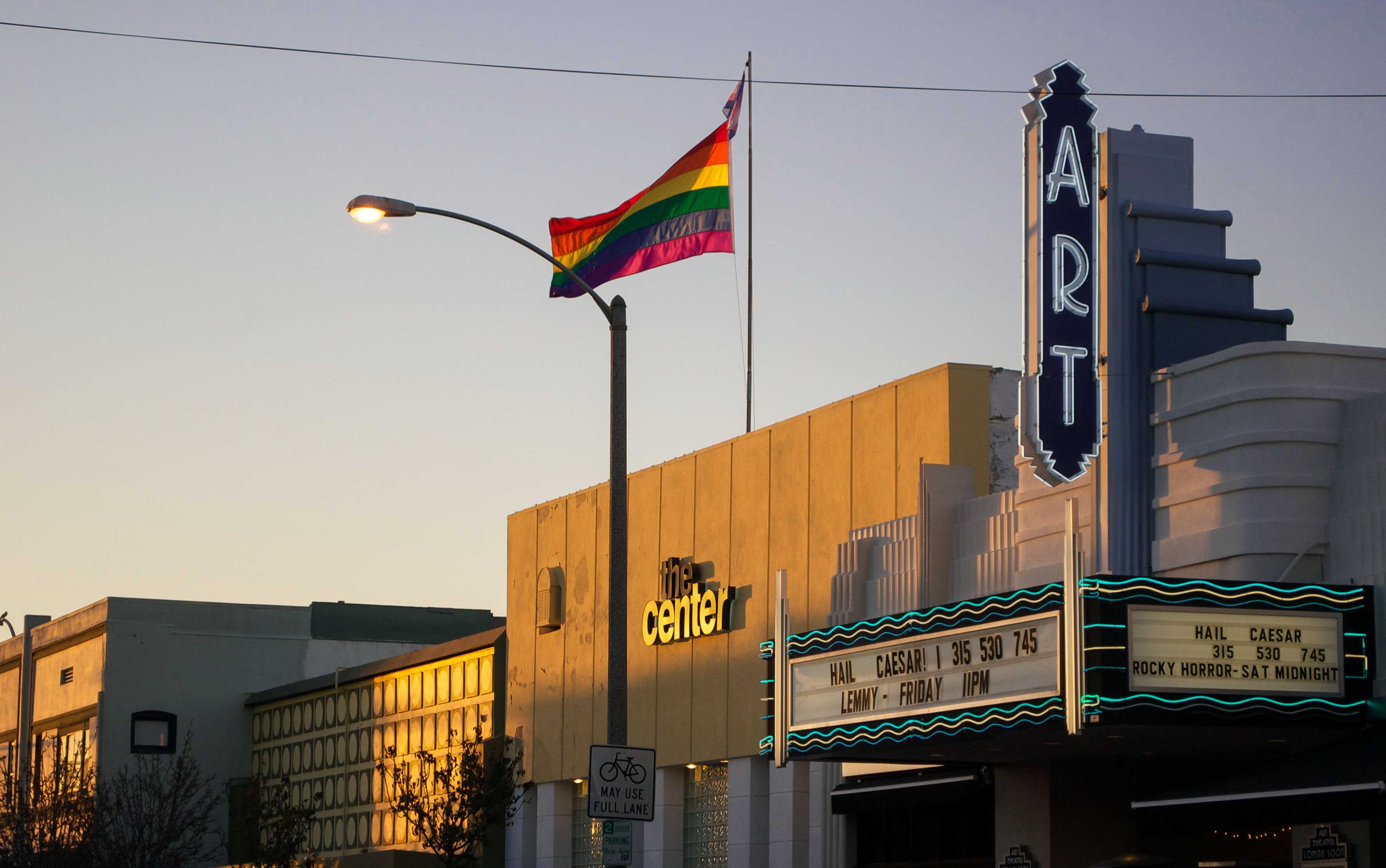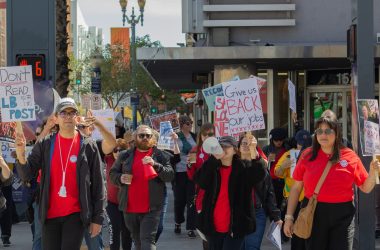We all know Long Beach has pride in its LGBT community, but the Human Rights Campaign has acknowledged the efforts of the city to protect that community via the 2015 Municipal Equality Index.
The MEI exists as a way to quantify nationwide municipal law as it affects lesbian, gay, bisexual and transgender residents of given cities across America.
“The MEI’s emphasis on policies that are so critical to our fight to extend full equality to all Americans — including non-discrimination ordinances, city services, employment policies and benefits, and law enforcement practices — continue to be at the core of this report,” HRC President Chad Griffin said in the report introduction.
After being reviewed in five categories that total up to 100 points, Long Beach earned a perfect score.
Seven additional points were awarded to the city as means of recognizing city efforts to create outreach programs for LGBT youth and HIV/AIDS positive residents, as well as having an openly LGBT elected municipal official in Mayor Robert Garcia.
The structure of the review does not allow for final recorded scores higher than 100, though, so special mentions are made on a case-by-case basis at the bottom of the report to recognize the additional qualifications.
Long Beach is one of 47 cities to receive 100 points in the MEI, earning a spot in the top 11 percent of cities and municipalities that were reviewed. Aside from Long Beach, Cathedral City, Los Angeles, Palm Springs, San Diego, San Francisco, San Jose and West Hollywood earned perfect marks across the survey. Brisbane received the lowest score for California, totaling just 42 points.
In total, 408 American cities and municipalities were surveyed for 2015, encompassing over 89 million Americans with an average point total of 56. This is the highest number of surveys conducted for the Index, increasing from the roughly 350 regions included in the 2014 MEI.
HRC targeted a combination of small, midsize and large cities, as well as the five largest cities in each state, each state capital, cities holding each state’s two largest universities and the 200 largest cities overall.
And while the HRC said that the MEI cannot always be used as a way to gauge the true quality of life or personal atmosphere of a given city in relation to its LGBT population, the legal standing of a city or municipality in regards to equal rights and protection can influence those factors.
Rebecca Isaacs, executive director for the Equality Federation Institute, said in the report that a main reason for publishing the scorecards is to educate the general population on the legal discrimination still faced by LGBT Americans in over half of the states.
The scorecards were filled using statistics gathered by HRC researchers, but the cities were able to participate in the final review to strengthen connections between the communities and researchers and share information that might have been missed in the original surveys. State Equality Federation representatives were also allowed to proctor a review of the scorecards before publishing.




